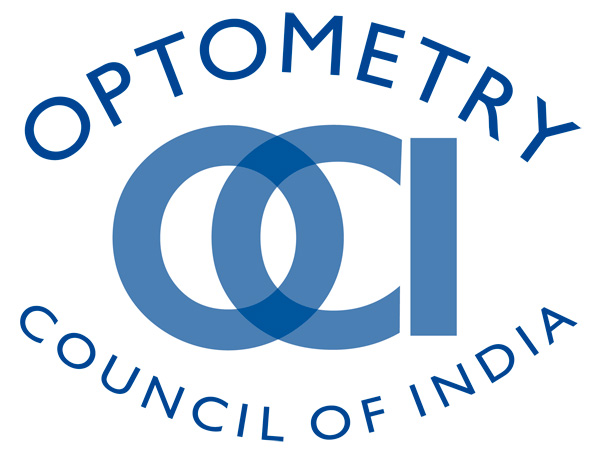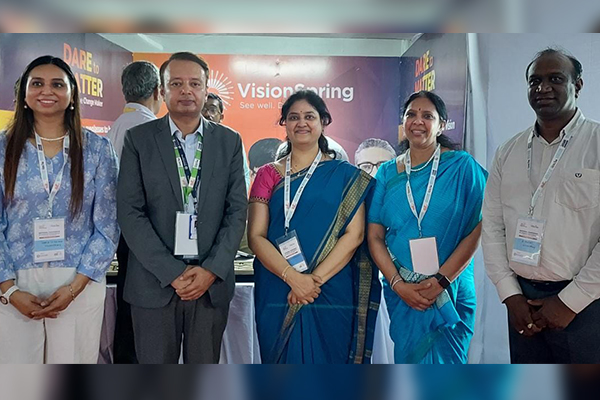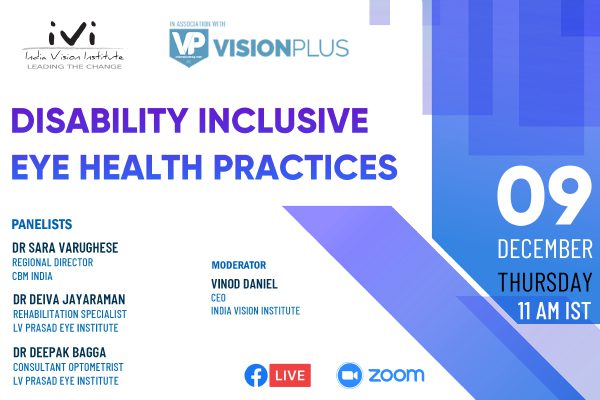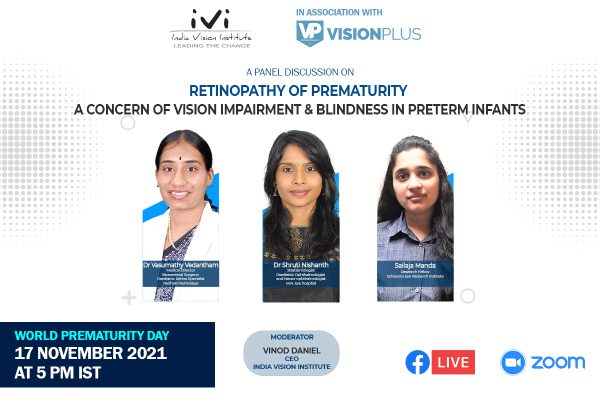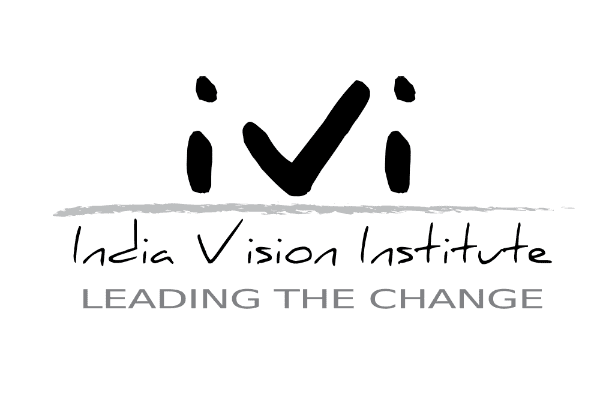Lakshmi Shinde, CEO, Optometry Council of India, talks about the importance of continuing education for an optometrist and how the OCI is facilitating the same

When a person looks into the history of legislation of optometry as a profession in developed countries, a common factor that arises among all the situations is ‘Education’. Good quality education coupled with standard eye care services form the basis for raising the issue of legislation of optometry as a profession. As a step towards achieving this, the Optometry Council of India (OCI) commenced registration of optometrists in late January 2014. It’s been a year and OCI has received over 700 applications for registration. The policies based on which an optometrist is registered under OCI are:
- Indian optometrist who has completed 10+2 with science followed by 2 years of diploma in optometry/ophthalmic techniques/ophthalmic assistant or any similar nomenclature in India can register under OCI.
- Indian optometrist who has completed 3 or 4 years Bachelors in optometry/ophthalmic techniques in India can register with OCI.
- The above courses if done through distance learning mode, then:
- Candidates who have graduated before December 31, 2010, can register
- For those who have graduated post December 31, 2010, there will be a skill and knowledge based exam in 2018-2020. If the candidate clears the exam then he/she will be eligible to register with the OCI, subject to fulfilment of any other conditions laid down by the council.
- Candidates who have passed from 4 year degree courses which are NOT affiliated under any university can register, depending on the curriculum the school/college follows, number of hours of education and the credit point system that the school/college follows. OCI will encourage ASCO to take up affiliation of such courses to a university in the near future.
- Indian optometrist who has completed diploma in India and practicing/living abroad can register until 2020.
- Indian optometrist practicing/living abroad who have completed a 4 year degree course in India can register.
- Foreign national optometrist educated in an Indian university can register.
- Once OCI crosses 2,000 registrants (or the number as specified by the OCI board), OCI would conduct a skill and knowledge based exam for all registrants and future registrants and issue certificates based on the results.
- For candidates who are already in practice BUT do not have the formal education (such as 2 year diploma or 4 year degree) but have gained knowledge and skill through experience, provision shall be made by 2020 for them to register under grandfather clause. They will be required to appear for an exam set by OCI and also demonstrate practical skills. Once they clear the examination, they will be eligible for registration. The standards and methodology will be prescribed by the board of OCI. They will be eligible to attempt the exam multiple times and will also be provided with CE (Continuing Education) to help them clear the examination.
As one reads through the above mentioned points, one cannot ignore the fact that the policy is based more on inclusiveness and bringing together the profession rather than depriving a person of his/her earnings. However, at the same time, the policy is also sensitive to a basic standard of optometry and being aware of the knowledge and skill level an optometrist should possess.
Once an optometrist registers with the OCI, his/her registration is only valid for a period of three years. The optometrist should accumulate 50 credit points during this three year period in order to renew the registration. Credit points are acquired through continuing education.
Continuing education is important because it ensures that a professional continues to be competent in his/her profession. It is an ongoing process and needs to continue throughout a professional’s career. The ultimate outcome that OCI wants to achieve out of this well-planned continuing education module is:
- Safeguard the interest of the public as we are health care professionals and we need to ensure advice on the basis of latest advancements.
- Improve the confidence of your employer as he is aware that the professional he/she has employed is up to standards and has the latest information.
- Improved career opportunities for the individual optometrist.
Well-designed CE programmes are very important to ensure proper benefit to the individual optometrist, optometry as a profession and most importantly, the people who trust us with their eyes. The importance of continuing education should not be sidelined as it is a career long obligation that the optometrist has towards the profession and the patients.
CE activities are classified broadly into four main sections by the OCI and several activities are available under each of the four sections. Points are allocated for each activity (see PDFs below) depending on the feasibility, achievability, and difficulty. A minimum of 50 points spread over at least two of the four main categories listed below are expected to be completed over a 3-year period from the time of registration. Individual optometrists are responsible for developing his/her plan of activities to complete the points, and are encouraged to develop a balanced set of CE activities covering a range of activities, and catering to their professional role. Specifically, optometrists should make an assessment of gaps in their knowledge in both clinical and non-clinical areas, and identify areas in which skills need to be improved. Additionally, optometrists should consider topics of interest to them, and format of activities that is offered.
Types of activities (Click on the link to view the PDF):
III. Recipient Activity
Information for Providers of Continuing Education:
CE programmes in optometry are provided by many organisations today. These programmes need to meet a minimum standard so as to impart good quality education to an optometrist who attends them in search of knowledge. In order to achieve a good standard in CE, OCI has decided to accredit CE providers. To begin with, all member associations of Indian Optometry Federation (IOF) and all member schools of Association of Schools and College of Optometry (ASCO) would be accredited providers, provided they apply to OCI. All other organisations are also open to applying to OCI to become an accredited provider. To be eligible for gaining the accredited provider status, a CE activity provider has to register with the OCI (currently at no cost). The accredited provider then has to provide information containing details such as the agenda of the CE activity, the speakers and their qualifications, number of hours of lectures and number of hours of practicals/tutorials or hands-on workshops to get the CE activity accredited. After approval from the OCI, the course can then be advertised by the provider as accredited by OCI, and can carry the OCI logo.
The OCI website will also promote the event and send all information regarding the CE to all its registered members. This is a win-win situation, as the quality CE provider gets more optometrists to attend the CE and the registered optometrist also gains knowledge through CE as well as CE credit points required for renewal of registration.
Registration and improving the knowledge base of optometrists through continuing education will definitely take the profession to better heights. Through better education and skill development, optometrists as primary health care professionals can also address 80 per cent of the visual needs of the population of India that requires eye care. The day that optometry becomes a profession that youngsters will consider as a primary choice for their career is not too far away.
Optometry Council of India is supported by Brien Holden Vision Institute and Optometry Giving Sight and thanks them for all their support.
Author:
Lakshmi Shinde
B.Opt, M.Sc. Optom (UNSW), FAAO, FIACLE
CEO, Optometry Council of India

